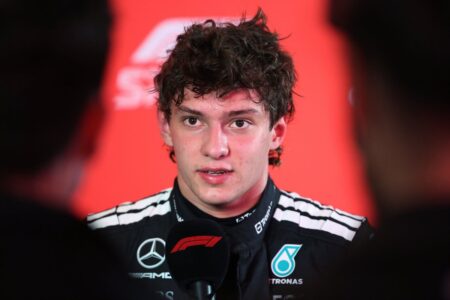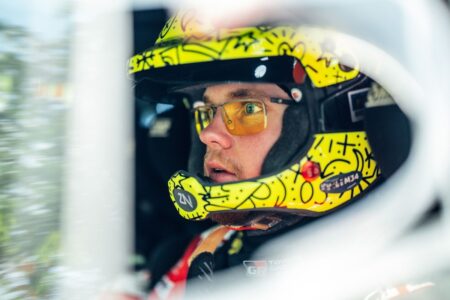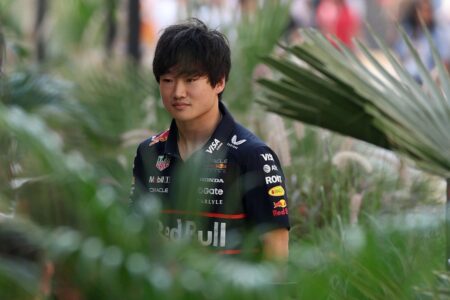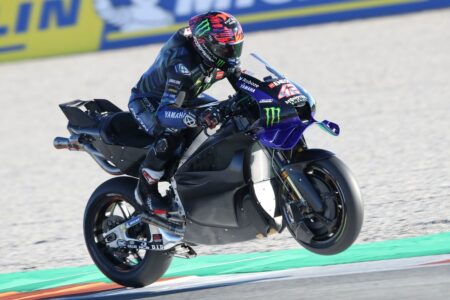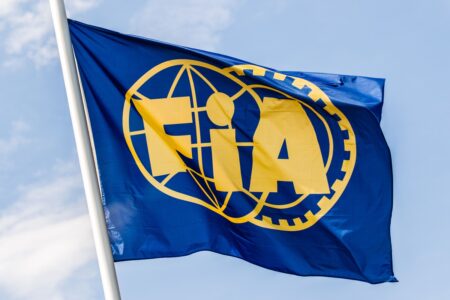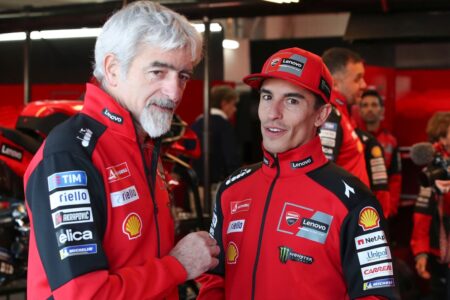Red Bull’s Strategic Balancing Act
Red Bull’s technical director, Pierre Wache, has made it clear that the team will not compromise their chances in the 2025 Formula 1 title fight, even as they prepare for the new technical regulations set to take effect in 2026. This decision comes at a critical juncture for all F1 teams, as they must navigate a delicate balance between optimizing their current car and investing in the future. The upcoming rule changes are significant, and how teams allocate their limited resources could determine their success in the coming years.
The Challenge of Resource Allocation
F1’s new technical regulations, set to debut in 2026, are poised to overhaul the sport, creating a new era that teams cannot afford to overlook. However, current regulations impose strict financial and aerodynamic testing limits, making it challenging for teams to develop both their current and future cars simultaneously. Wache acknowledges the difficulty in this decision-making process. “If you find a lot for 2026, then the temptation is there to put a lot of effort on 2026. But if we have a chance to fight for the championship in 2025, and I think we will, then you will never throw away a championship,” he explained to Autosport. This strategic approach underscores the team’s commitment to staying competitive in the short term while laying the groundwork for long-term success.
A Tight Field in 2025
Red Bull is anticipating a highly competitive 2025 season, with McLaren, Ferrari, and Mercedes all expected to be strong contenders. The Milton Keynes-based team is determined not to back down from the championship race, despite the looming changes in regulations. Wache’s statement reflects a confident and determined mindset, emphasizing the team’s belief in their current capabilities and their unwillingness to concede ground to their rivals. He noted that the strategy for resource allocation could shift throughout the season based on what the team discovers during development, adding, “It will be a difficult decision for sure. We will go with a strategy at the beginning of the season, and that strategy has a massive chance to change.”
Aerodynamic Testing Advantages
Despite Max Verstappen’s fourth consecutive drivers’ title in 2024, Red Bull faced a setback in the constructors’ championship, finishing behind McLaren and Ferrari. However, this outcome has a silver lining for the team. Aerodynamic testing restrictions, tied to the 2024 constructors’ standings, become increasingly stringent for more successful teams. For the first six months of 2025, Red Bull is allocated 768 wind tunnel runs, compared to 672 for McLaren, the reigning champions. In contrast, the last-placed Sauber is allowed 1,104 runs. “It is potentially a big advantage for 2026, and I hope that we use it properly,” Wache said. He emphasized that while more resources can provide an edge, they are not a guarantee of success. “It is not because you’ve got more money or more wind tunnel time that you will perform better. Otherwise, people at the back would always be first in the following year. That is not how it works in Formula 1, but it could be an advantage and we have to use it well.”
Learning from History
The history of F1 provides mixed lessons on the importance of focusing on new regulations. In 2009, Brawn GP and in 2014, Mercedes, both reaped the benefits of prioritizing the new rules, securing championships in their inaugural seasons. However, BMW Sauber’s experience in 2008 serves as a cautionary tale. The team gave up on a potential title bid with Robert Kubica to focus on the new regulations but failed to produce a competitive car the following year. Red Bull is acutely aware of these historical precedents and is taking a measured approach to avoid a similar fate.
Looking Forward
As Red Bull prepares for the 2025 season, the team is focused on leveraging their current advantages while keeping an eye on the future. Wache’s comments highlight the team’s strategic flexibility and their commitment to staying competitive. The aerodynamic testing allocations provide a significant opportunity, but the team’s success will ultimately depend on their ability to innovate and adapt. Red Bull’s approach underscores the complex and dynamic nature of Formula 1, where every decision can have far-reaching consequences. As the 2025 season approaches, all eyes will be on Red Bull to see how they balance the present and the future in their quest for continued success.


